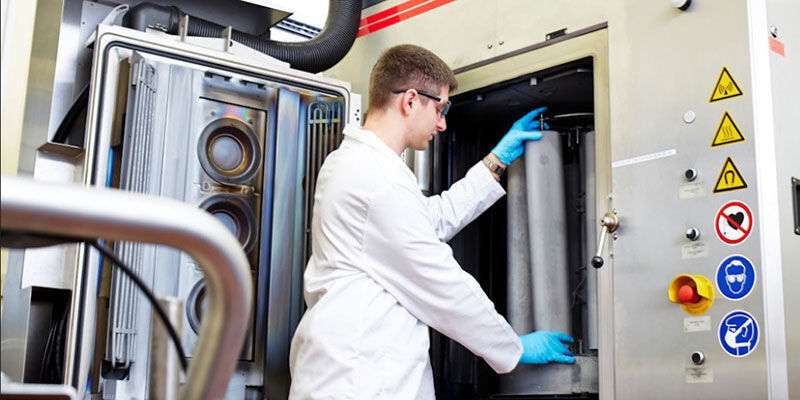Bragg Centre research themes Functional surfaces

Our functional surfaces research focuses on tribology, surface engineering, corrosion and erosion, and improving flows of liquids.
Tribology
Tribology is the science of interacting surfaces in relative motion – particularly friction, wear and lubrication. Our aim is to develop models to reduce friction and wear. This has application across engineering systems, including in:
-
car and aircraft engines
-
brakes and bearings
-
wind turbines
-
extreme environments such as space
-
biomedical joint implants
-
metal grinding and forming
Surface engineering
Our research involves:
-
reducing friction between surfaces through improved coatings
-
bioinspired surfaces for anti-fouling
-
nanostructured surfaces for corrosion and tribology applications
-
surfaces that can react and adapt
This results in an increased quality of life for recipients of surgical implants, reduced environmental pollutants in manufacturing processes, better transport fuel efficiency, and improvements in the efficiency and safety of a wide range of products.
Corrosion
We work with the oil and gas sector to find ways to reduce and mitigate corrosion in oil wells and pipelines, as well as improving the recovery of oil and gas by minimising the effects of mineral scale, waxes and other foulants.
For more information, see the Institute for Functional Surfaces.